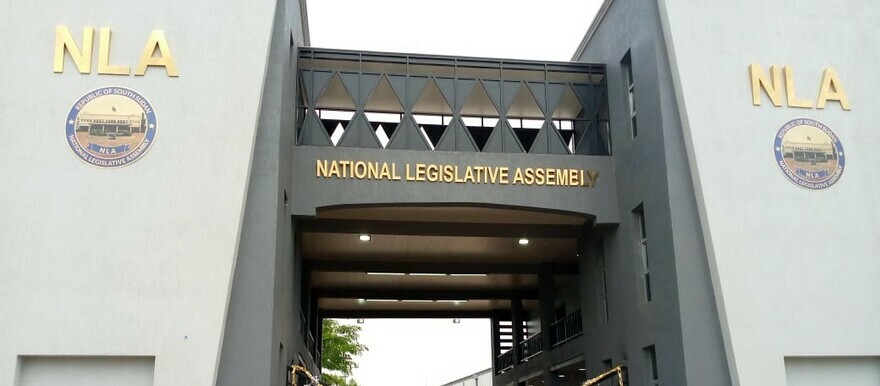South Sudan’s Parliament on Wednesday pushed the Tourism Bill 2023 to its third reading. Maj. Gen. Tongun Lodu Rombe, the Deputy Chairperson of the specialized Committees for Wildlife and Conservation, as well as Legislation and Justice, presented the bill, emphasizing its significance.
The bill not only addresses the governance of wildlife conservation sites but also establishes a legal framework for the effective development and management of tourism-related activities. This framework aims to safeguard cultural traditions and natural resources.
Originally introduced by the Minister of Justice and Constitutional Affairs, Justice Ruben Madol Arol, the bill also provides essential legal protections for tourists and travel businesses nationwide.
Justin Joseph Marona, a Member of Parliament from Western Equatoria State representing the Sudan People’s Liberation Movement in Opposition (SPLM-IO), emphasized the timeliness of the bill for South Sudan, given its considerable tourism potential.
Marona stated, “This bill is crucial for our country. Tourism is a key sector for economic development. If properly developed and prioritized, it can be a revenue-generating sector that significantly improves the Gross Domestic Product (GDP). The Republic of South Sudan possesses vast potential in natural, cultural, and innovation tourism, allowing us to diversify our economy.”
George Bureng, another legislator representing the SPLM, highlighted the importance of regulating the tourism sector in South Sudan, citing the substantial revenue demonstrated by neighbouring countries like Uganda, Kenya, and Tanzania. However, Bureng urged the inclusion of all sectors with tourist attraction potential in the drafting of the bill.
“While reviewing the bill, I have some concerns that need clarification. I am unsure whether there has been coordination with the Ministry of Investment Promotion. Coordination with this ministry is crucial because it plays a significant role in coordinating much of the work,” Bureng stated.
“I understand there is a one-stop-shop registration, typically managed by the Ministry of Trade and Investment. It comprises all line ministries with attractions for tourists, such as mining,” added Bureng.
According to Bureng, the bill lacks a provision for the due diligence process before registering tourists or investors, which usually occurs in the one-stop-shop. He emphasized the need for effective coordination with the relevant line ministries.
Meanwhile, David Okwer from the Greater Pibor Administrative Area urged that the bill should include provisions ensuring the improvement of the lives of communities in tourism sites. Okwer specifically addressed the issue of communities residing near wildlife sites and the challenges they face, including dependence on bush meat.
“I want to discuss indigenous communities living in tourism areas. What provisions are made for them in the bill? How are tourists going to impact them, considering development? For instance, what steps are taken to address their concerns?” Okwer inquired.
The lawmaker recommended that the bill should incorporate provisions to ensure local communities benefit from tourism activities.
To contact Radio Tamazuj with comments, news tips or information, write to radiotamazuj@gmail.com or use the contact form.




